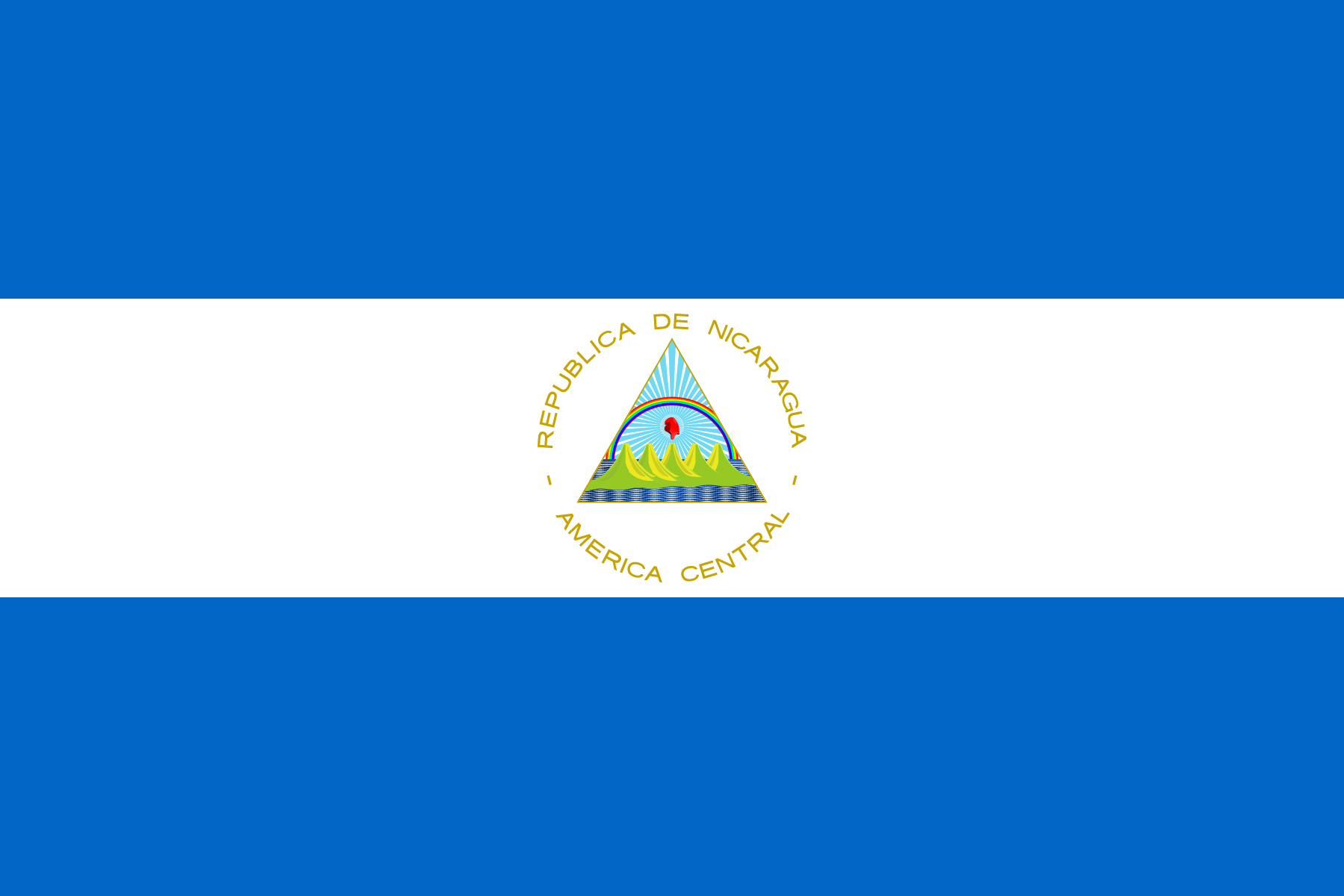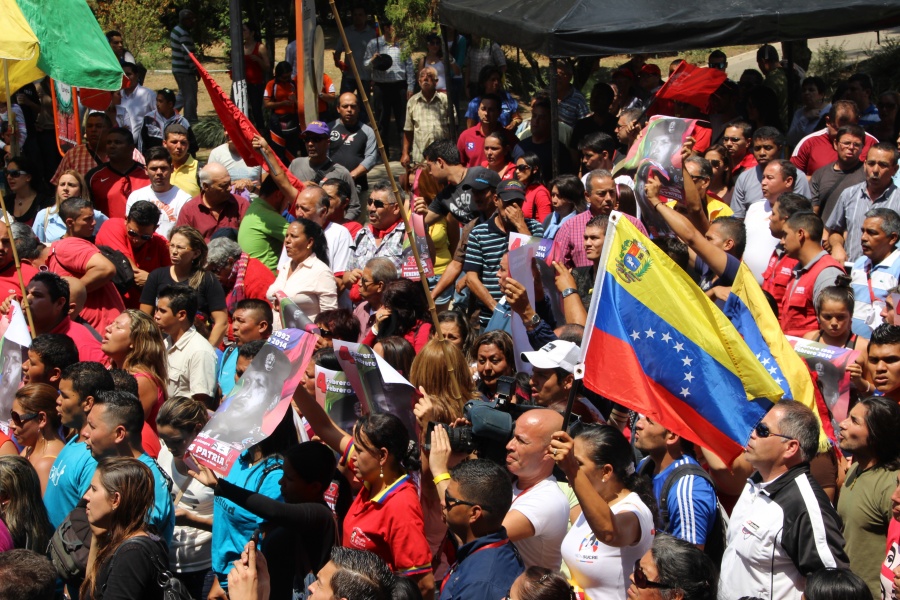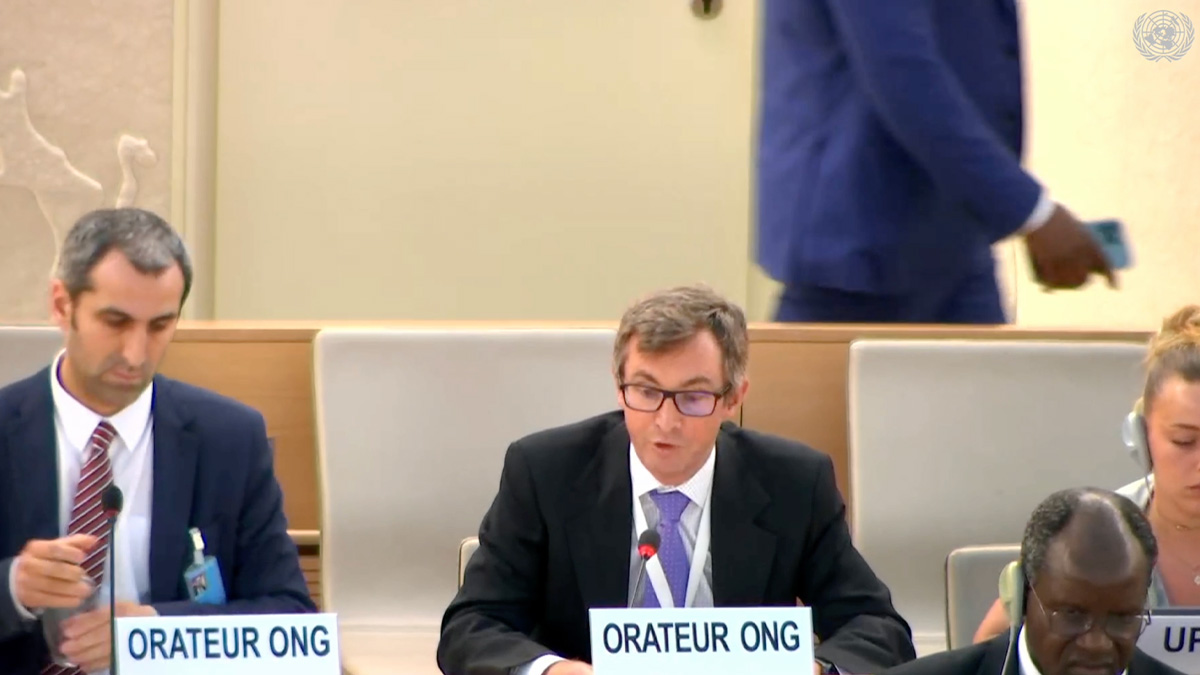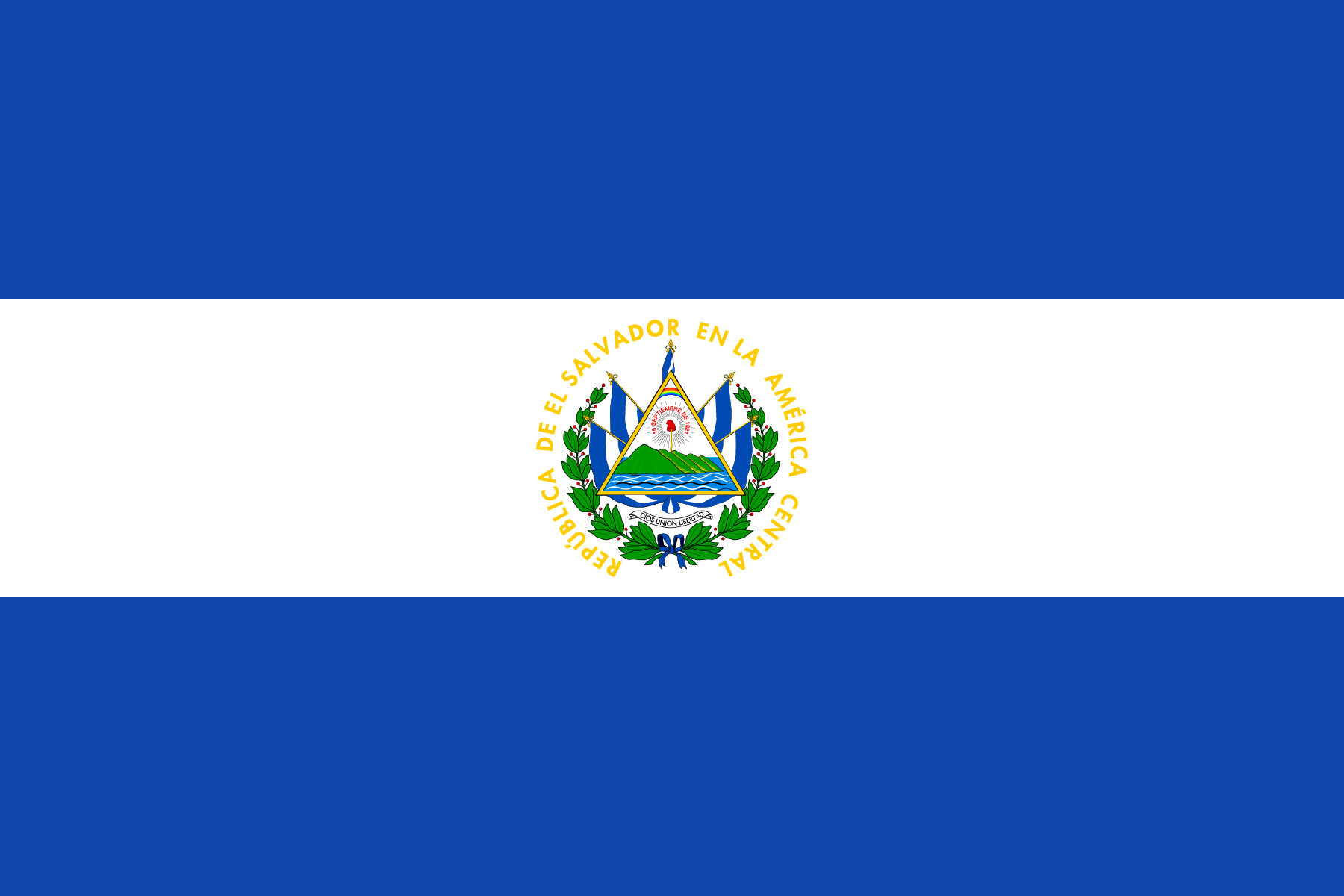
International community must protect Nicaraguan opponents exiled in Costa Rica
ISHR and the Colectivo 46/2 condemn the assassination of opposition leader Roberto Samcam Ruiz by the Nicaraguan Government.
Photo: Wikimedia Commons

The policy to silence and quash opposition to the Venezuelan government continues, says the UN’s body of experts on Venezuela in its report to the Human Rights Council.
During a press conference yesterday, the UN’s fact-finding mission on Venezuela (the Mission or the FFM) spoke of a ’serious restriction of civic and democratic space in the country’ borne of an ongoing government policy to repress real or perceived opposition. In its report focusing on targeted mechanisms of repression since 2020, the Mission finds:
In its report, the Mission concludes that ‘it is imperative that real and effective justice and accountability continue to be the yardstick by which the Venezuelan human rights situation is measured’. ISHR’s Eleanor Openshaw says that ‘States must keep the Mission’s findings in mind when told that ‘’Venezuela is fixed’’. ‘During the Council dialogue with the Mission, States must speak out in favour of Venezuelan defenders and the essential role they play, and express clear support for the FFM and its work’, Openshaw adds.
The Fact-Finding Mission will present its report to the Human Rights Council and hold an interactive dialogue with States on Monday 25 September, at 3pm CEST. Follow it on UNWebTV.

ISHR and the Colectivo 46/2 condemn the assassination of opposition leader Roberto Samcam Ruiz by the Nicaraguan Government.

In a statement at an interactive dialogue on the annual report of the High Commissioner, ISHR Executive Director Phil Lynch called on States to support the work of defenders and to pay their UN dues.

ISHR joins organisations from across Latin America and beyond in condemning the adoption of a 'Foreign Agents' law in El Salvador that seriously threatens independent civil society in the country.